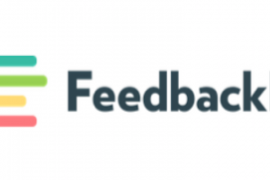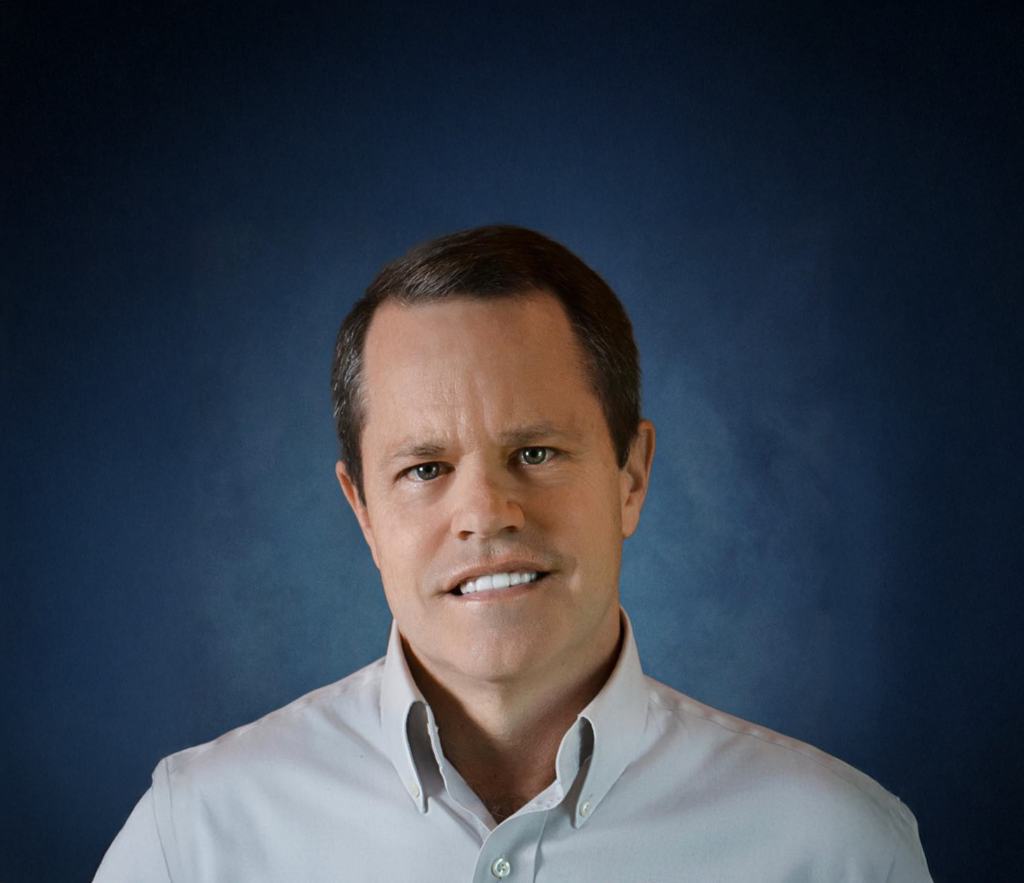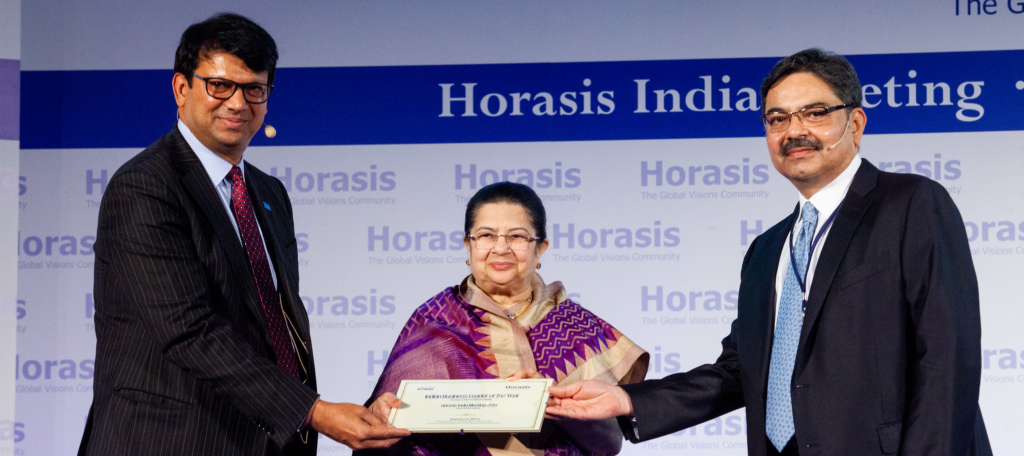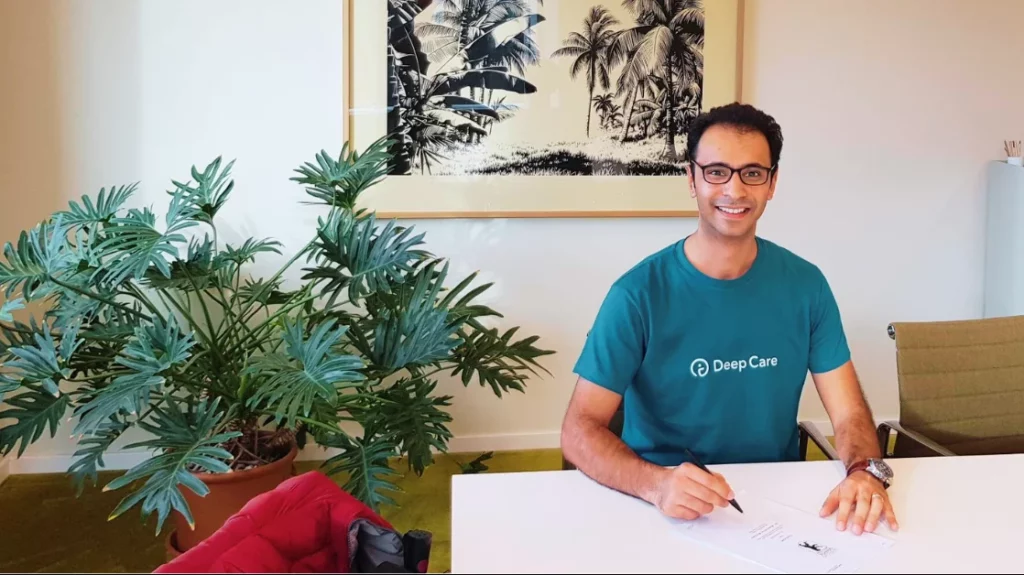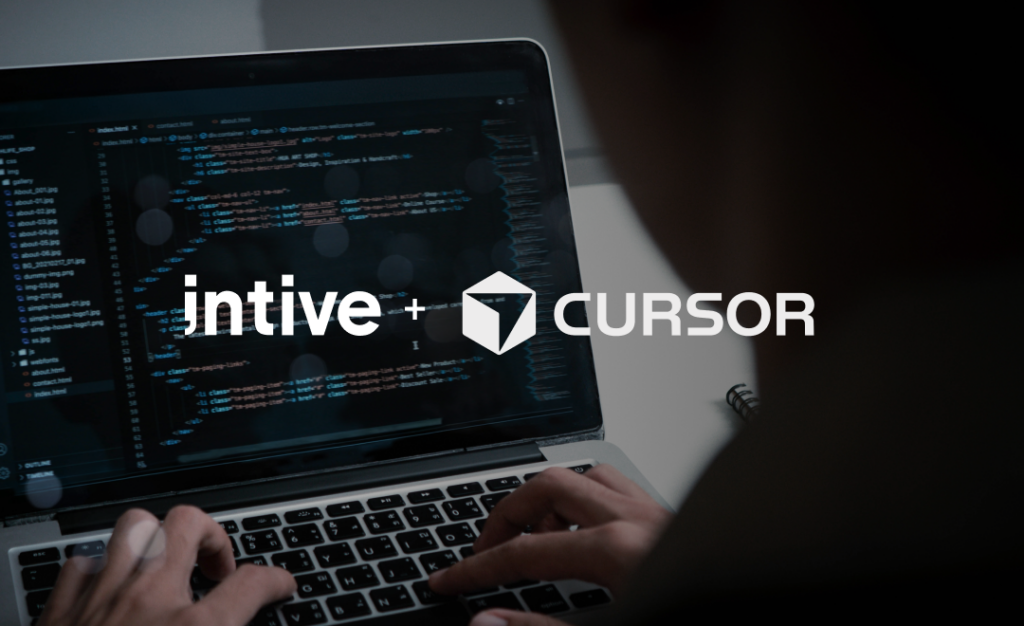We all love a good challenge, especially ones that showcase seriously groundbreaking health projects. After all, breakthrough technology is what will keep humanity around for a few more years, amirite?
Anyway, technology with the power to give people with disabilities the power to control objects with their minds; automated breast health monitoring, and a wireless injectable device for connected drug delivery services are among projects in development by eight semifinalists selected for the Accenture Health Tech Innovation Challenge.
The challenge brings together leading-edge startups with prominent health and life sciences organizations to tackle some of the world’s greatest health challenges including access, affordability and transparency.
The eight semifinalists were chosen from more than 500 applicants by leading industry executives from many of the largest health and life sciences companies in the world. Here’s a break down of who they are and what they do:
This startup fills a technological void for patients that are cognitively aware, but unable to move or communicate. Based on the proprietary Brain-Computer Interface technology, it aims to give people with certain disabilities the power to control objects with their minds, allowing them to control a communicator, domestic devices — think lights, doors, windows, alarms, temperature, bed positions and so on — wheelchairs, and other assistive technology.
A new medical camera that aims to mitigate Health Insurance Portability and Accountability Act (HIPAA) privacy risk by providing a visual narrative by putting photos, videos, chat and sensor data directly in the hands of patients and their doctors to better enable more efficient care, communications and collaboration to monitor progress, assess in historical health context and decide on optimal healthcare approach.
Cupris has developed smartphone technologies connected to medical devices and a secure software platform to better enable doctors to discuss patient cases remotely and patients to receive diagnoses and advice from doctors without having to see the doctor in person. This can reduce unnecessary and expensive face-to-face consultations in developed countries and extends medical expertise to those living in remote areas in developing countries who might have limited access to care.
This business is helping patients get their blood tests carried out in the waiting room at the doctor’s office and even in the emergency room before they see a doctor, enabling their caregiver to receive instant analysis.
A project that aims to provide a secure and HIPPA-compliant communication platform for doctors and healthcare providers to use features and tools that help maximize productivity and workflow. The platform employs Mexbot, a chat bot that connects doctors and nurses to hospital data from labs, radiology, and electronic medical records to improve patient care.
This mobile service supports the remote monitoring of cancer patients and real-world data collection to track symptoms and well-being between hospital visits. It provides pharmaceutical companies with patient reported outcomes data during clinical trials that can help with assessing the value of new treatments.
An exciting proposition, QuiO has developed a real-time, wireless injection device and cloud platform for connected drug delivery devices, providing connected software for monitoring, engaging and supporting patients taking injectable therapies.
This company designs and develops point-of-care, easy-to-use and affordable cancer detection tools for use in the developing world, It has created the iBreastExam, an FDA-approved, hand-held, battery powered, wireless mHealth solution for early detection of breast lesions for use by public and private health agencies.
Anne O’Riordan, senior managing director of Accenture Life Sciences, said, “We’re extremely impressed with the energy and enthusiasm the startups have demonstrated when creating solutions that could disrupt the way traditional care is provided.
“It’s exciting to work with the entrepreneurs because, like Accenture, they picture a future where technology solutions not only arm the health industry with far-more-sophisticated, fine-tuned data but also improve the lives of patients and provide better outcomes for healthcare providers.”
The final judging round will take place at the StartUp Health Festival in San Francisco on January 9, 2017.
Read more
Socure closes $13m in funding to further innovate digital identity


